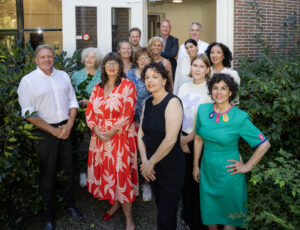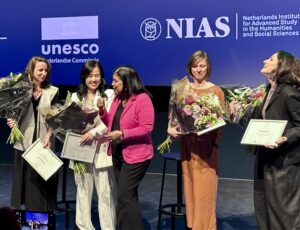About the Research in Progress Seminar
While open access to common-pool resources has been equated with a tragedy of the commons, we have found that mobile pastoralists in the Logone Floodplain in Cameroon are sustainably managing open access to common-pool grazing resources. We have described this pastoral system as a self-organizing Complex Adaptive System (CAS) in which mobile pastoralists distribute themselves over common-pool grazing resources without central or collective decision-making. We have found evidence of management of open access in the form of an ideal free distribution (IFD). We have used an agent-based model (ABM) simulation and shown that pastoralists are able to achieve an IFD with relatively simple movement rules. We describe this system as an Emergent Commons (EC).
More about the seminar on the ISS website
About Mark Moritz
Mark Moritz is Associate Professor in the Department of Anthropology and the Environmental Science Graduate Program at the Ohio State University. In 2003 he received his PhD from the University of California, Los Angeles for his dissertation on the processes of intensification and individualization in the transformation of an African pastoral system in the Far North Region of Cameroon. Since then Mark Moritz has focused his research on pastoral development, management of common-pool resources, and ecology of infectious diseases. At NIAS, he writes a book on mobile pastoralists in the Logone floodplain (Cameroon) where open access to common-pool grazing resources does not lead to a tragedy of the commons.
More
Mark Moritz holds NIAS Seminar
Mark Moritz holds seminar at Leiden University




